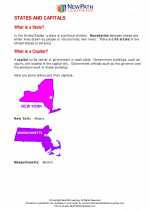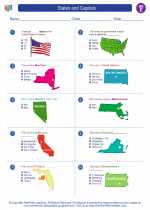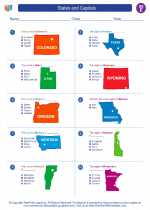Liberty: Understanding the Concept
Liberty is a fundamental concept in social studies, referring to the state of being free within society from oppressive restrictions imposed by authority on one's way of life, behavior, or political views. This principle is often considered a cornerstone of democratic societies and is enshrined in many national constitutions and international charters.
Key Aspects of Liberty
Understanding the concept of liberty involves considering various key aspects:
- Individual Freedom: Liberty often emphasizes the rights of individuals to make choices and act according to their own will, as long as it does not infringe upon the rights of others.
- Civil Liberties: This includes the protection of individual rights such as freedom of speech, freedom of religion, and the right to privacy.
- Political Liberty: This pertains to the freedom to participate in the political process, including the right to vote and engage in political activities without fear of repression.
- Economic Liberty: Refers to the freedom to engage in economic activities without undue interference from the government or other entities.
- Equality: Liberty often goes hand in hand with the principle of equality, ensuring that all individuals have equal rights and opportunities within society.
Historical Perspectives
Throughout history, the concept of liberty has been a driving force behind major social and political movements, including the American Revolution, the French Revolution, and the struggle for civil rights. These movements have sought to expand liberty and equality for individuals and communities.
Study Guide for Liberty
To deepen your understanding of liberty, consider the following study guide:
- Research and discuss the historical origins of the concept of liberty.
- Explore the different types of liberties guaranteed by the constitution of your country.
- Examine how the concept of liberty is interpreted and applied in various cultural and historical contexts.
- Investigate the role of liberty in shaping modern political and social movements.
- Discuss the potential tensions between individual liberty and the collective well-being of society.
By engaging with these study guide topics, you can gain a comprehensive understanding of the concept of liberty and its significance in the broader context of social studies.
.◂Social Studies Worksheets and Study Guides Fifth Grade. States and Capitals

 Worksheet/Answer key
Worksheet/Answer key
 Worksheet/Answer key
Worksheet/Answer key
 Worksheet/Answer key
Worksheet/Answer key
